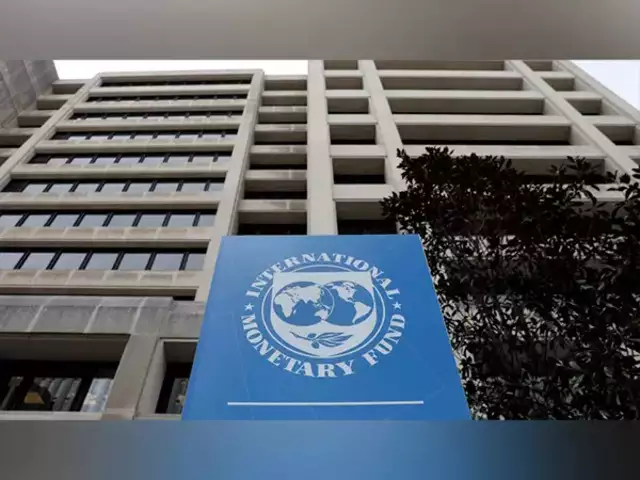The Federal Board of Revenue (FBR) has unveiled a revamped procedure for the issuance and renewal of customs agents licenses, emphasizing a competitive process to ensure transparency and efficiency. The new guidelines, outlined in an amendment to the Customs Rules, 2001, were officially published on Friday via SRO.2071.
Starting November 1 each year, the FBR will invite applications for customs agents licenses through advertisements in reputable newspapers. This annual call aims to attract eligible candidates who meet the specified terms and conditions for participation.
For the inaugural examination under these revised rules, the process will commence after the hiring of an accredited institution responsible for conducting qualification tests. This institution will play a pivotal role in ensuring the credibility and fairness of the selection process.
The cornerstone of the new procedure is a qualification test, designed to assess applicants on various critical areas. As specified in the FBR’s guidelines, the test will evaluate knowledge in:
• Customs laws and allied regulations
• Rules and procedures
• Computer proficiency
• Understanding of the customs computerized system
These topics are detailed in the appendix accompanying the amended rules. To ensure broad outreach, the FBR will publish advertisements in two leading national newspapers, informing prospective applicants about the test schedule and requirements.
Existing provisional license holders must participate in the first examination conducted under the new framework. Failing to appear will result in the automatic cancellation of their provisional licenses. Applicants are granted two opportunities to pass the examination. A second failure will result in the provisional license being blocked, leaving a final third attempt as the last chance for qualification.
Applicants must secure at least 50% marks in the written examination to qualify for a license. Failing to meet this benchmark will result in the application being rejected, ensuring that only competent individuals are granted licenses.
The FBR has also introduced stricter measures for maintaining licenses. A license will be blocked and subject to revocation or cancellation proceedings under the following circumstances:
1. Reduction of aggregate points in the customs computerized system to zero.
2. Failure to file any goods declaration within the past year.
3. Non-appearance for identification and confirmation before the licensing authority.
These provisions aim to maintain high standards of professionalism and accountability among customs agents.
This overhaul of the licensing procedure reflects the FBR’s commitment to improving operational efficiency and fostering a culture of merit-based selection. By introducing rigorous qualification criteria and leveraging technology through the customs computerized system, the FBR seeks to enhance the credibility of customs agents and ensure compliance with national and international trade regulations.
For detailed information, applicants and stakeholders can refer to the official SRO.2071 document available on the FBR’s website. The updated Customs Rules, 2001, along with the appendix detailing the qualification test topics, provide comprehensive guidance on the new procedure.




